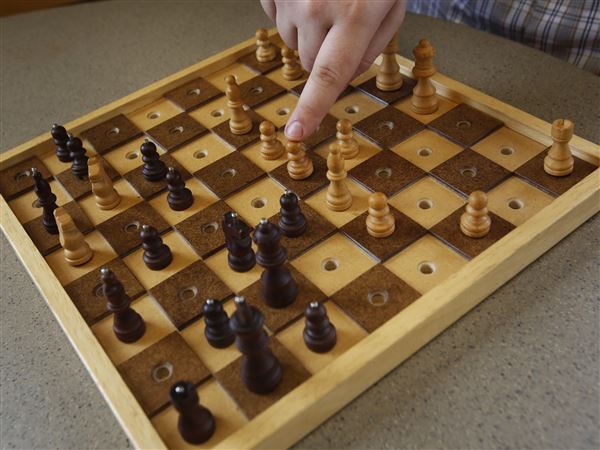New research suggests that engaging in mental exercises, such as puzzles and brain games, can help delay the onset of dementia in older adults. Experts from the University of Health Sciences, including Dr. John Smith and Dr. Emily Jones, highlight the importance of mental stimulation as a proactive measure against cognitive decline.
Studies indicate that individuals aged 65 and older who regularly participate in brain-training activities may reduce their risk of developing dementia by up to 30%. This finding is particularly significant given the growing prevalence of dementia worldwide, which affects approximately 50 million people, according to Alzheimer’s Disease International.
Benefits of Mental Engagement
The phrase “move it or lose it” resonates deeply when applied to cognitive health. Engaging in challenging activities—such as crossword puzzles, Sudoku, or memory games—can keep the brain active and improve overall mental function. Dr. Smith emphasizes that, much like physical exercise strengthens the body, mental challenges fortify neural pathways, promoting better cognitive resilience.
Regular participation in these activities has been linked not only to improved memory but also to enhanced problem-solving skills. Dr. Jones explains that the brain’s plasticity allows it to adapt and grow, making it essential to engage in stimulating tasks regularly. “The more you challenge your brain, the more it adapts, and that can help fend off cognitive decline,” she states.
Practical Tips for Mental Exercises
Experts recommend incorporating various brain games into daily routines. Simple activities can be integrated into everyday life, such as:
– Playing memory card games with family
– Engaging in strategy-based board games
– Learning a new language or musical instrument
– Utilizing smartphone applications designed for cognitive training
By making these activities enjoyable, individuals are more likely to sustain them over the long term, thus maximizing their potential benefits.
In addition to individual efforts, community initiatives play a crucial role in promoting mental health. Local organizations are increasingly offering workshops and classes focused on cognitive health, encouraging seniors to participate in group activities that stimulate the mind. These social interactions further enhance the cognitive benefits, as they combine mental challenges with social engagement.
As the global population ages, the urgency to find effective strategies for preventing dementia continues to grow. With research indicating that lifestyle factors significantly influence cognitive health, the emphasis on mental engagement becomes more pronounced. Incorporating brain games into daily routines is not just a recommendation; it is a vital component of maintaining cognitive health as we age.
In summary, engaging in mental exercises offers a promising avenue for reducing the risk of dementia. By prioritizing brain health through enjoyable challenges, older adults can take proactive steps toward preserving their cognitive function and enhancing their quality of life.








































































